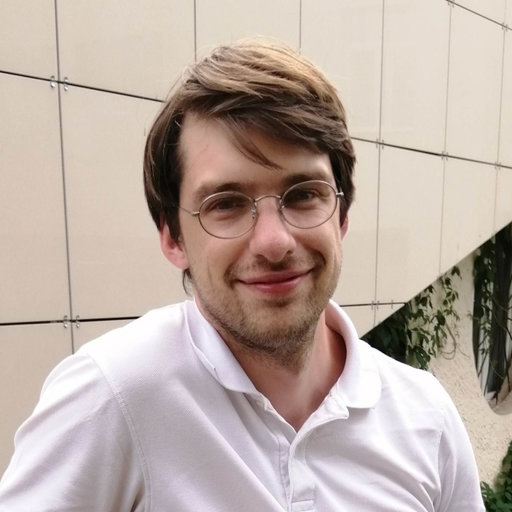
Anastasia Leontiou (University of Ioannina) will present her job market paper “Tacit bundling among rivals: Limited availability bargains to loss-averse consumers“ (co-authored with N. Ziros) on March 24th at 10 AM, room QA 406. One-to-one meetings with the speaker can be arranged; please contact the seminar organizers, Dr. Noémie Cabau (cabau.noemie@gtk.bme.hu) and Dr. Arseniy Samsonov (samsonov.arseniy@gtk.bme.hu).
Abstract:
The current paper addresses a mechanism that encourages the bundle consumption of two substitute goods in a partially differentiated duopoly. Assuming consumer loss aversion à la Kőszegi and Rabin (2006), we develop a bait-and-switch model, where a seller offers a discount in limited availability to attract consumers’ interest and increase their willingness to pay when the discount is not available to avoid the disappointment of leaving the store empty-handed. Due to market competition, such stochastic pricing is effective only when it induces the joint purchase of the products and consumers end up buying both products. As a result, this bait-and-switch strategy creates conditions for collusion between the rival firms as they achieve bundle scheme sales at high component prices without any explicit agreement. Hence, our results shed light on bait-and-switch practices that might require additional, well-designed policies.


